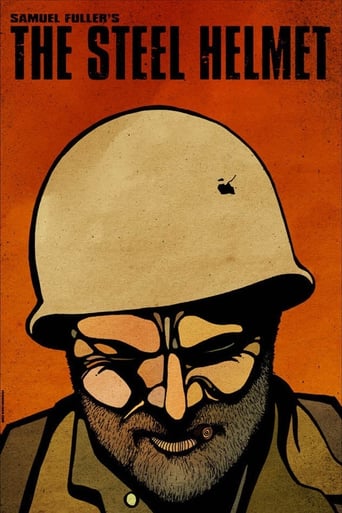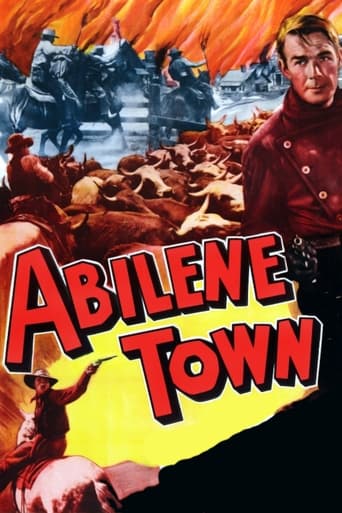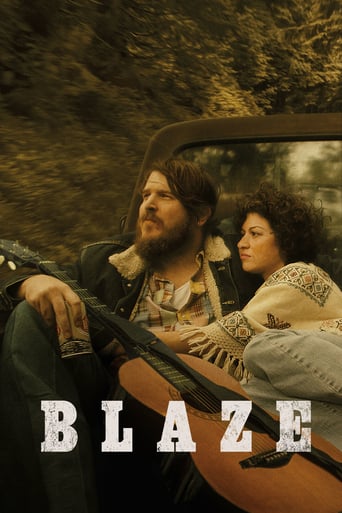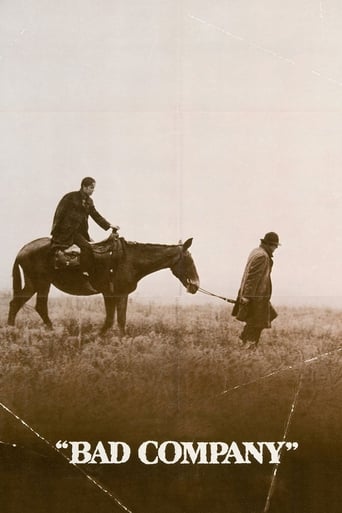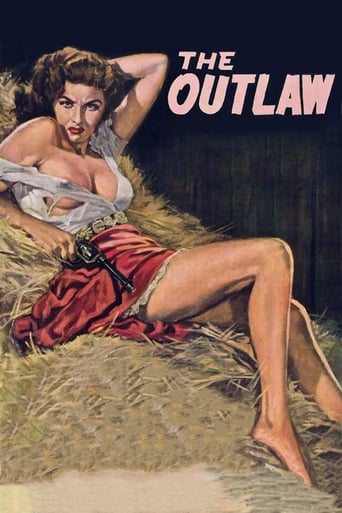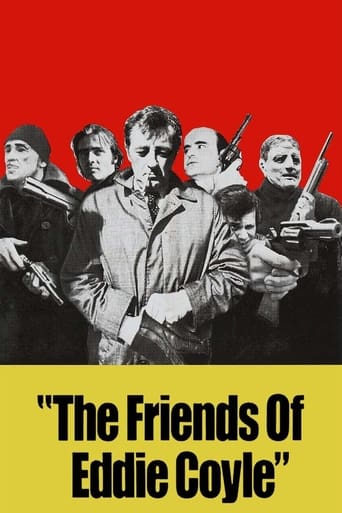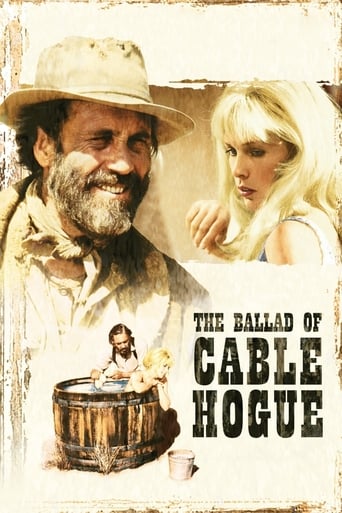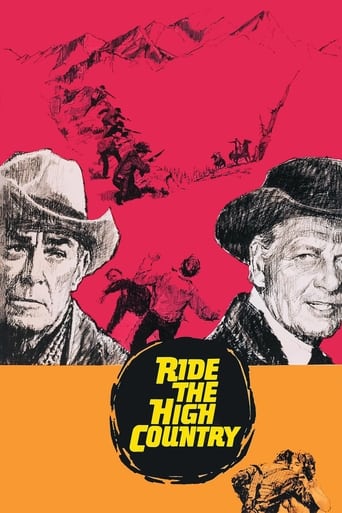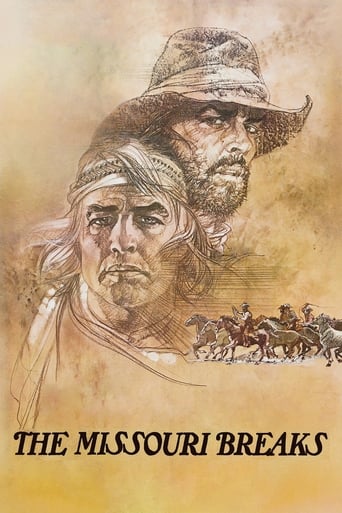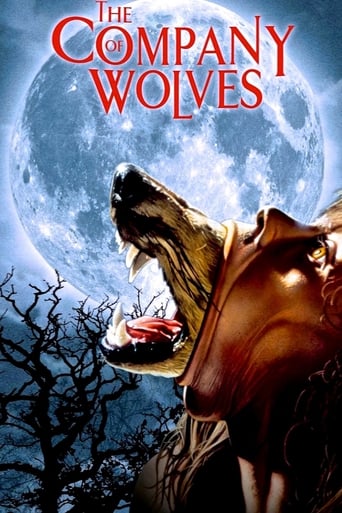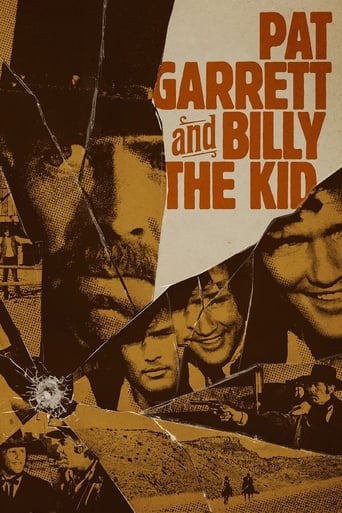


Pat Garrett & Billy the Kid
Pat Garrett is hired as a lawman on behalf of a group of wealthy New Mexico cattle barons to bring down his old friend Billy the Kid.
-
- Cast:
- James Coburn , Kris Kristofferson , Richard Jaeckel , Katy Jurado , Chill Wills , Barry Sullivan , Jason Robards


Similar titles
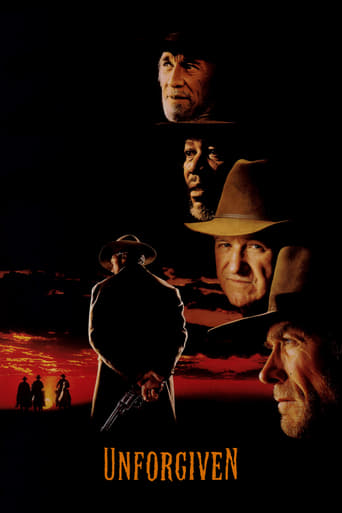
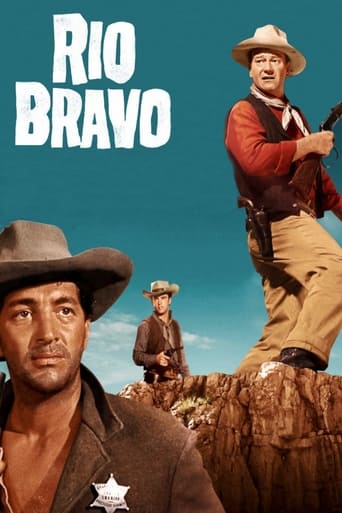
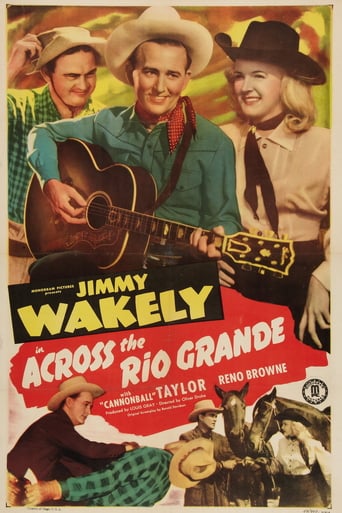
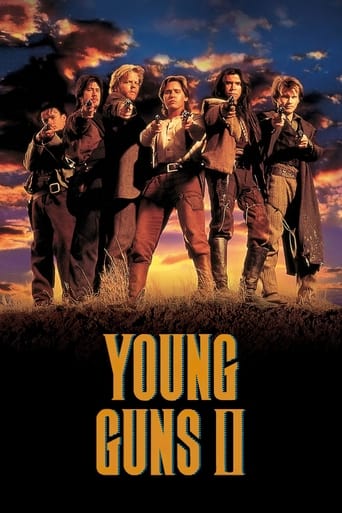
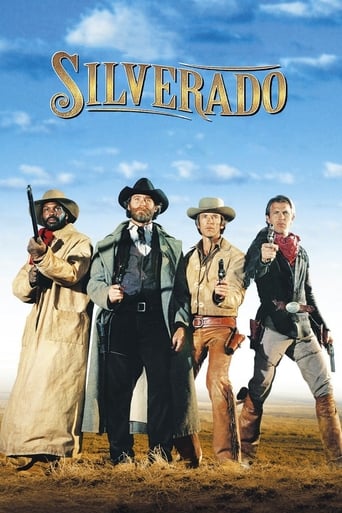
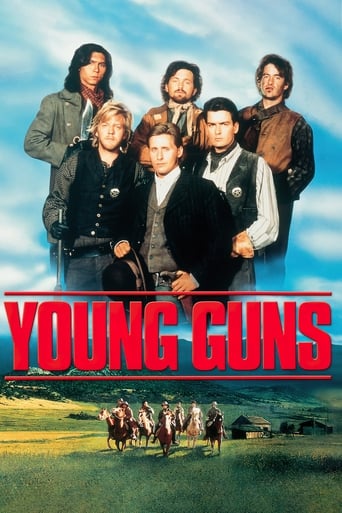
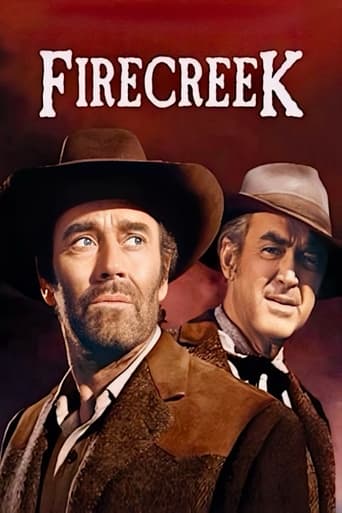
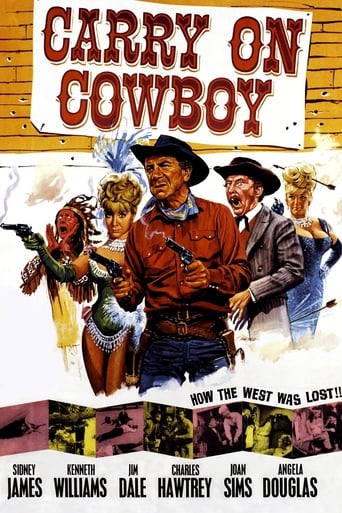
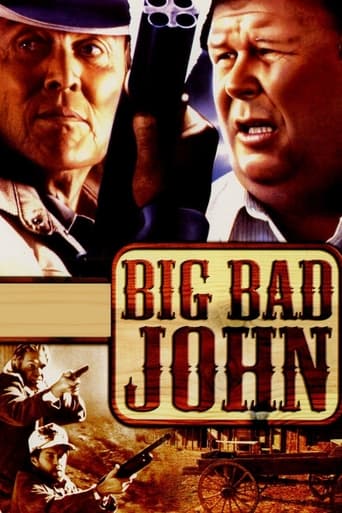
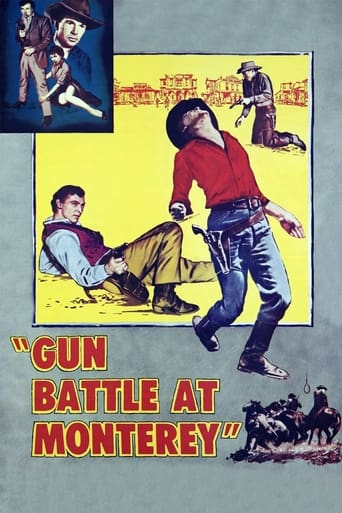
Reviews
Slow pace in the most part of the movie.
Pretty Good
The film never slows down or bores, plunging from one harrowing sequence to the next.
An old-fashioned movie made with new-fashioned finesse.
Sam Peckinpah's final western "Pat Garrett and Billy the Kid" borders so many time on cinematic greatness that it's a real shame it never hits that chord of genius like "The Wild Bunch" or "The Ballad of Cable Hogue". It is a melancholic, moody, atmospheric Western with a constant sense of impending doom over the protagonists, we know it's a matter of time before fate finally strikes the Kid when he'll push his luck one time too many, but the question is: to which extent do we care enough to wish it happens as late as possible. Sometimes, I felt like betraying my own love for Peckinpah's movies by asking myself; "when will that be over"?I liked Kris Kristofferson's performance but I associate Billy the Kid with Emilio Estevez so much that I didn't care enough for this one, I can't figure why, maybe because he didn't seem to care much about himself as well. Ironically, the only one who seemed to care about him was the instrument of his death, I say 'instrument' because there's obviousness on Garrett's reluctance to kill his friend, but as the holder of the sheriff's badge, he must fulfill his duty. There's no getting away from it, and I guess this is the core of the story, it's about people killing each other because they stand on opposite sides of the law, men who, in other circumstances, (some that might have happened) would've been friends, would've played Poker together or shared a family meal.That would make life sound too arbitrary and meaningless, like ignoring what kind of people the outlaws and the lawmen were, but it seems to be the point. Indeed, in "Pat Garrett and Billy the Kid", the line drawn between these two worlds is so thin and imperceptible that we don't really make a difference. Politicians and bounty hunters also play theses buffer roles, but you can tell Peckinpah hold neither of them with sympathy. So it's all a succession of arrests, gunfights and escapes, but they feel oddly random, lacking this precision from Sam's previous works, and as a Bloody Sam fan, I wondered if it was intentional, for the film is never as interesting when they halt fire, when you have a taste on their feelings, when it stops being about killing.Reading the trivia, I learned that the film was infamous for constant internal battles, including Sam's alcoholism and the interference of MGM executives who assigned six editors to work on the finished film, a cutting of forty minutes that resulted with the film's ill-reception and Sam's disowning his own creation. I saw the longer version and I suspect there were more to see about these characters in order to avoid this vacuous or unfinished feeling. A film populated with such fine performances and cameos can't be anything other than a fascinating experience, its misfire can only be accidental. And if Sam's hart wasn't in it, it sure wasn't the case for the actors, starting with James Coburn.Coburn plays a man of serene force, who says a lot without saying much, without that exaggerated devotion to duty and with an extraordinary inclination for sorrow and resignation, he's got a genuine fondness for his pal, but the call of duty has one merit, it's clear, fair and square and makes decision easier to make, although pulling the trigger is another story. The film isn't short of ironies; one of them is that Garrett is never stingy on bullets, except when it comes to the most ruthless killer of them all. It's like some outlaws' blood pumping in his veins, and killing Billy is killing a part of himself. This is how much he cares.On the other hand, Billy, is a guy who moves forward, and doesn't let circumstances dictate his path, he and Pat complete each other, and it is only just that one of them would finally have the upper hand, the more reasonable one. Garrett wants to grow as old as America and knows the Old West's days are numbered. This is not a novelty in Peckinpah's movies to play like an Epitaph to the Western genre, but while the end of an era was glorious and operatic in "The Wild Bunch", ironic and whimsical in "The Ballad of Cable Hogue", it is incongruously melancholic in this film, and we'll never know whether this choice of tone was deliberate.But one can't deny that this film offers some great bits that are among Peckinpah's best, one of the highlights of the film doesn't ironically feature the two leads, but two classic Western icons, Slim Pickens and Katy Jurado, Pickens has been shot under the ribs and we know what that means. He stands still but he knows he's watching his last sunset, he knows and she knows. He is in disbelief, she's resigned but in tears. This is the film in a nutshell, things that must happen, we don't believe they do, but we know they will. I don't know if it's the eyes of Pickens, the tears of Jurado or Bob Dylan's "Knock on the Heaven's Door", but the magic of this one moment has the power to almost redeem the movie.I didn't much care for Dylan's presence, pretty understated given how much publicity he was given, but his contribution to the scores gives this film a strange modern lecture, it stops being a Western but a sort of character study, a "No Country for Old Men" with a friendlier bond between the two leads, and with this time, a country that can't allow a youth that wouldn't play their games. There's a lot to appreciate in "Pat Garret and the Billy the Kid" from our standpoint so maybe the best compliment this film can be given is that it aged quite well.
In 1909 New Mexico, Pat Garrett (James Coburn) is shot many times. In 1881, he's riding into Old Fort Sumner to meet his friend Billy the Kid (Kris Kristofferson). He's taking over as Sheriff of Lincoln County. In five days, he has to follow orders to take on his friend. He and his men follow thru and take Billy the Kid prisoner in a gun fight.Director Sam Peckinpah had difficulties with the studio and the initial cut was received poorly. It's eventually recut into a two hour movie. Kris Kristofferson feels wrong for Billy the Kid. He doesn't have the outlaw murderer feel and he's way too old to play twenty one. It's all wrong. Bob Dylan brings some good music but he sticks out as an actor. I keep thinking that it's Dylan and nothing else. The story is a bit slow and meandering with short bursts of bloody, outrageous violence. I wonder if the Peckinpah name is affecting people's ratings. I don't see this as terrible but it has several problems.
Oh my God, what a mess! There is no narrative flow; indeed anything resembling typical plot devices to keep the story going has approximately the same role in this as dialog has in porno movies...just marking time until the next payoff (in this case, violence, not sex). The women in this movie are invariably employed in one of three ways. They either 1: Expose their breasts; 2: Scream in terror; or 3: Scream in terror with their breasts exposed. Poor Bob Dylan, who from the looks of him was going through a very bad time in his life, has a few scenes looking very uncomfortable atop a horse, for no apparent reason.
I never liked "Pat Garret and Billy the Kid" very much. In fact, there are few 1970s Westerns that I like. I still find ironic that, in the decade of the feminist movement, the heroine's role became expendable, reduced to a sexual object to be used and discarded by the hero (i.e. Pat Garrett in the bathtub with the prostitutes). This said, "Pat Garrett and Billy the Kid" contains one of the most beautiful love scenes ever made. And yes, I am conscious that this is a Sam Peckinpah film. Yet he has always been capable of tenderness (the flash-forward in "The Getaway", with McGraw and MacQueen jumping into a river, immediately comes to mind).Veterans Katy Jurado and Slim Pickens play a husband-and wife team of guns for hire, brought out of retirement for a last job. Katy Jurado had been a beauty in her earlier films (see her in "High Noon"). Here, her looks had faded, but she retained her serene demeanour. Slim Pickens had never been handsome. He usually played a crook with a mischievous smile, here substituted for a venerable old man expression. While Garret (James Coburn) deals with the last villain standing, Katy realises Slim has been shot. She runs to the river where he agonises, his stomach pierced by a bullet. She kneels opposite him, looking at him with the saddest eyes in the world, trying to absorb every second they have left. He looks back, as if saying sorry for dying. There is no dialogue. They have gone through so much together that words are unnecessary. Then, the sun sets in the background, while "Knockin' on heaven doors" plays. This is not only the death of a character. This is the death of the classic western. Jurado and Pickens had been stock figures of the genre in countless productions during the 1950s. By the late sixties, the formula had worn out. Pure heroes and heroines had no place in the cynical Vietnam era, which advocated shades of grey. Heroes (like Pat Garret) could be morally reprehensible, while it was possible to feel for the villains (like Billy the Kid). Like Jurado and Pickens, the classic western was not youthful or pretty any more, but certainly died with lots of dignity.

